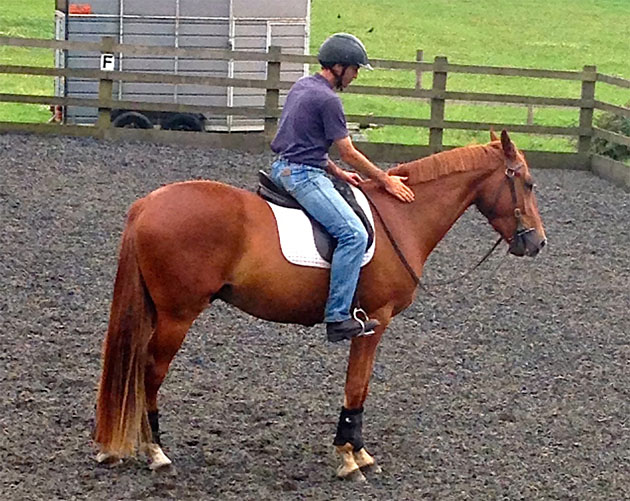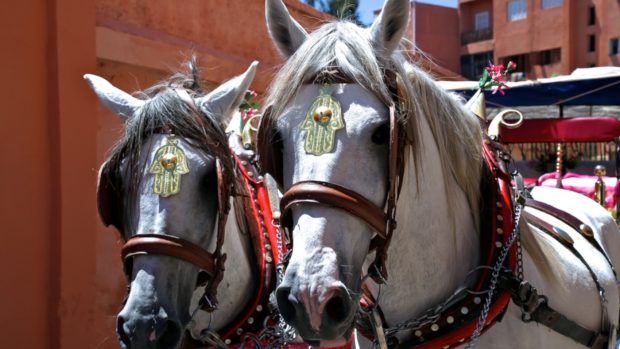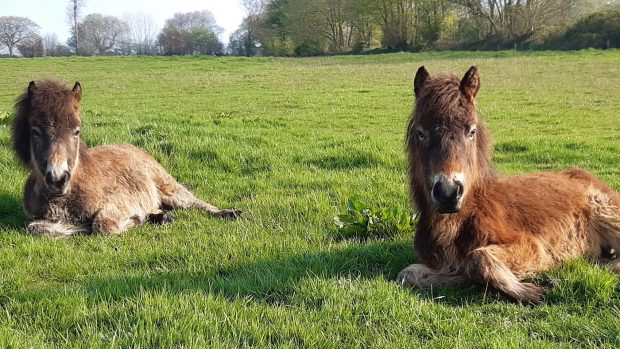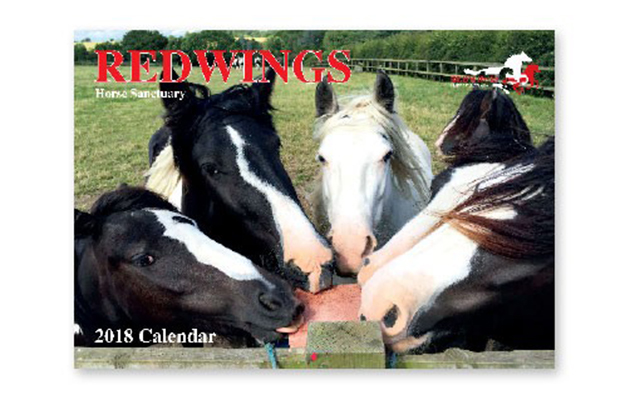Despite its devastating consequences, a charity has found that people in the UK are largely unaware of the dangers donkeys are facing from the trade of their skins.
New research from SPANA has revealed that only five percent of those surveyed believe that the species is at risk of severe population decline due to the demand for ejiao, a product used in beauty products derived from donkey hides.
The price of donkey hides has risen eight to 10-fold in some countries, making donkey ownership unaffordable for many and devastating communities.
In Kenya, the price of donkey skin parts rose from 100 Kenyan Shillings in 2016 to 1,000 in 2017.
But SPANA’s research shows only two percent of people in the UK realise the extent of the issue.
The charity warned that a donkey population “could disappear entirely” if the farming of their skins is not addressed.

Chief executive Geoffrey Dennis told H&H the rate of decline the charity is witnessing in the donkey populations of some African countries is “dramatic and unsustainable”.
“The demand in China is very significant, with one ejiao manufacturer alone stating that it currently processes in excess of one million donkey skins per year,” Mr Dennis said.
“With the supply of farmed donkeys in China unable to keep pace with demand, producers have now turned their attention to the donkeys of Africa and are targeting their skins on a massive scale.”
In Mali, SPANA’s country director is “extremely concerned” about this trade and the risk that the small grey donkeys of the Sahel region could disappear entirely.
Last year, he reported that 400 donkeys were being sold to the trade every week at each of the country’s seven major livestock markets.
“This rate simply cannot be sustained in the long term,” added Mr Dennis.
“Thankfully, bans and restrictions on the donkey skins trade have now been put in place by a number of governments across Africa.
Continued below…

Top showing producer breaks neck in schooling accident
The rider suffered a ‘hangman’s break’ to her C2 vertebra

H&H question of the week: do I need a whip?
Here Jason gives one H&H forum user advice on whether they need a whip

7 ways to stop your horse napping
Here are seven tips for stopping this nuisance behaviour in its tracks
“However, this is a very complex issue and, in some cases, this has led to the emergence of a black market and an explosion in donkey thefts.”
SPANA is working with governments to put in place national bans on the export of donkey products.
“The trade has already been banned in many of the countries in which the charity works,” said a charity spokesman. “UK residents can help SPANA by raising awareness and by supporting their work directly.”
For all the latest news analysis, competition reports, interviews, features and much more, don’t miss Horse & Hound magazine, on sale every Thursday




